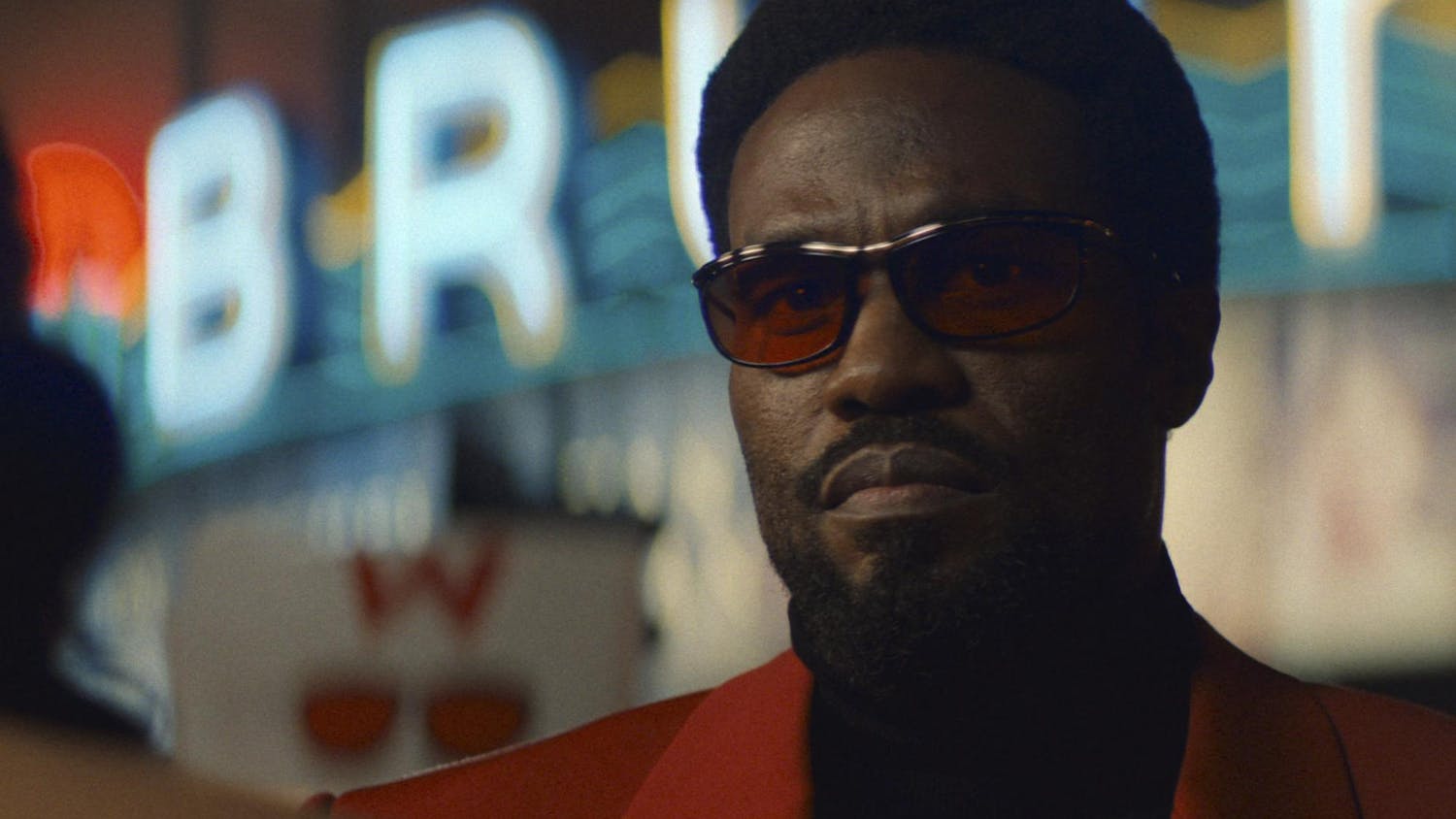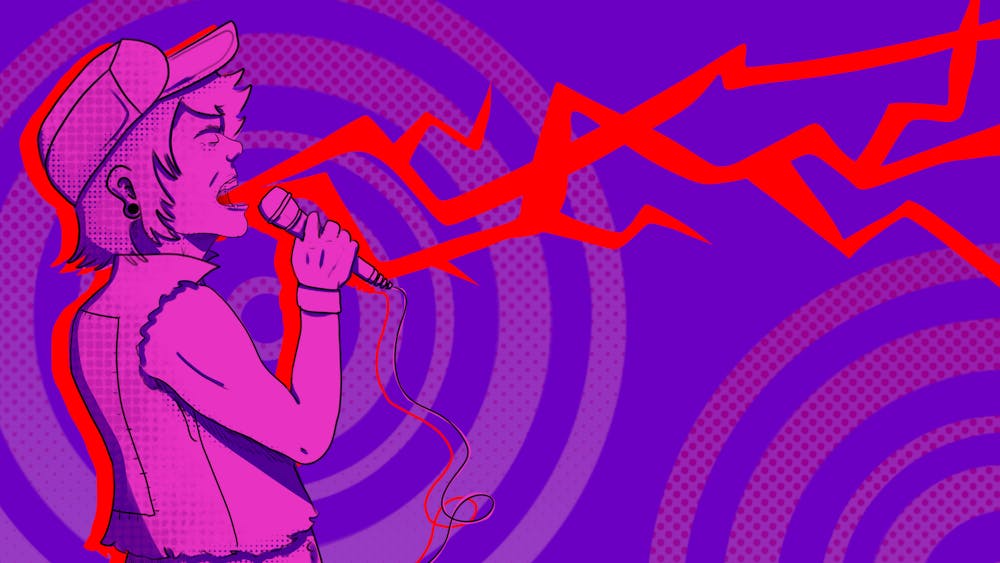A popular take that has emerged in recent months and will continue to emerge in the uncertain ones to come is saying the Brexit vote and Donald Trump’s victory mark the end of neoliberalism.
Cornel West wrote an op-ed in the Guardian in which he correctly blamed the economic changes of the past 30 years for the recent “neo-fascist bang” and declared “the age of Obama was the last gasp of neoliberalism.”
The specter of change has descended upon mainstream pundits who, though not describing it in the same terms as West, feel the tectonic shift of this past year and speak of the dawn of a new era.
It is misguided to describe this new era as neoliberalism’s disintegration. Even the fiercest critics of neoliberalism will admit that it is a spurious term because major discrepancies exist between its ideology and political reality. I believe though the application of an ideology may not fully abide orthodoxy, the connection between an ideology and the shaping of political life should not be disregarded.
When asked if he thought Trump’s victory spelled the end of neoliberalism, geographer David Harvey said, “It depends a little bit on how you characterize the neoliberal regime. I’ve always considered it to be a political project ... about increasing centralization and accumulation of more and more power on the part of elites and a capitalist class. I don’t think that’s over at all.”
Harvey is only half-correct in his assessment. Though Trump may be the culmination of the neoliberal era, he is by no means the end of it. Trump douses his rhetoric in neoliberal edicts. He denounces regulation, plans to initiate a huge tax cut for the rich and favors privatization at any possible juncture.
With the appointment of Goldman Sachs executive Gary Cohn to head the National Economic Council, Trump also shows his willingness to accommodate Wall Street should another crisis occur.
As for Trump’s position on trade, keep in mind his opposition to international arrangements like NAFTA or the TPP does not come from a dislike for the intrinsic concept of these deals but from the view that the U.S. does not benefit enough from them.
I suppose if you had a fetish for precise political terminology, you could refer to Trump as a nationalist neoliberal.
The main difference for Trump lies in the contradictions at the heart of neoliberalism, the unraveling of the term itself. The word “neoliberalism” is in truth a euphemism for the phase of capitalism that started in the 1970s.
Though its ideologues, such as Milton Friedman and Friedrich Hayek, oppose the interference of the state in the economy, the doctrines of deregulation and privatization have necessitated state cooperation through bailouts and the socialization of risk by the taxpayer.
Enter Trump, whose fascist propensities will usher in an openly authoritarian state that will oppress the population and prop up the survival of international capital against the discontented masses. Think of these loathsome times not as the end of what has come before but an evolution.
I’d like to end with some fitting lyrics by Nobel laureate Bob Dylan: “Oh, what’ll you do now, my blue-eyed son? / ... / I’m a-going back out ‘fore the rain starts a-fallin’ / ... / Where the people are a many and their hands are all empty / ... / Where the executioner’s face is always well hidden / ... / Where black is the color, where none is the number /... / And it’s a hard, it’s a hard, it’s a hard, it’s a hard / It’s a hard rain’s a-gonna fall.”
luwrobin@indiana.edu





